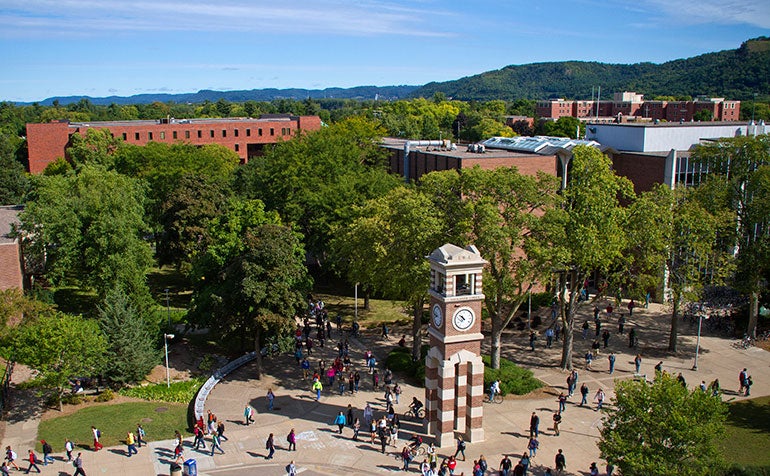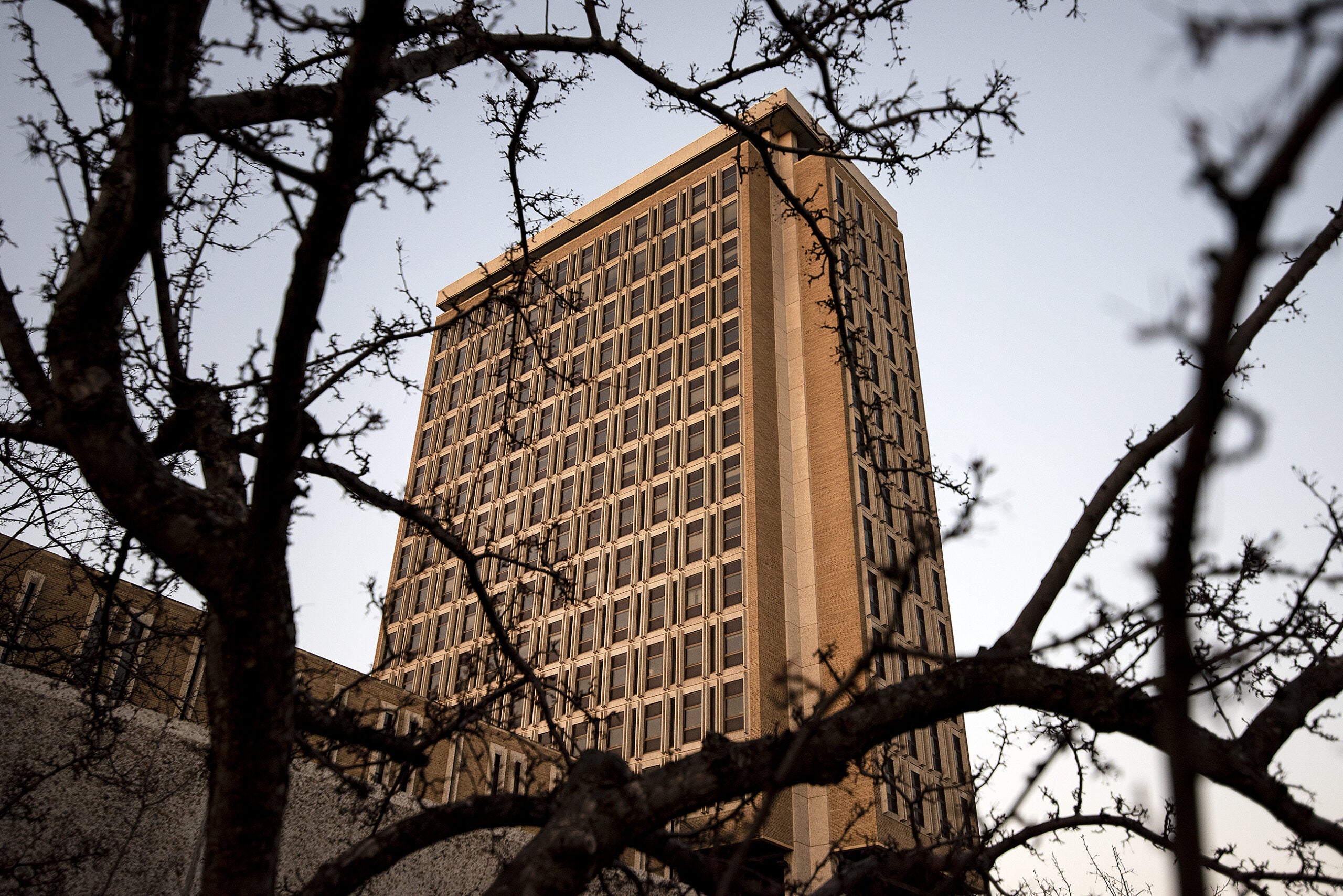University of Wisconsin System President Kevin Reilly says he and Governor Walker are on the same page when it comes to spending $21 million in public funds on a flexible degree program. The Board of Regents approved the funding request Thursday.
The regents got an in depth briefing on the new program that is designed to expand access to high demand courses in science and mathematics, as well as forge partnerships with business and community organizations through internships and service learning projects.
Reilly says the flex degree will be especially useful to people who started college but had to leave before they got a degree. “The Governor graciously said he would re-invest in the flexible degree program with the notion I think that the payoff will be so great. We have somewhere between 750,000 and a million Wisconsin citizens with some college education and not degree, if we can help them get a degree the payoff in terms of their earning power with a college degree will be great.”
Stay informed on the latest news
Sign up for WPR’s email newsletter.
If the legislature approves the funding, it will be used to pay faculty to design new curriculum, teach the high demand math and science classes and get more research materials for students accessible on the internet. According to Reilly, the new degree program also dovetails nicely with recommendations made this week by former mining equipment company CEO Tim Sullivan to the Governor’s College and work readiness task force. Reilly says, “If you have two years of college, you make more than somebody who just has a high school diploma. We know that. So, encouraging people to move up that ladder, and finding ways to help them do that, is very much in line with the Sullivan report. The schools, the tech colleges, and we, and the private colleges all have a role in that.”
However, Reilly also made it clear that next year UW will be asking for more money to boost faculty salaries to reduce the number of professors leaving the system for better-paid positions at other universities.
Wisconsin Public Radio, © Copyright 2024, Board of Regents of the University of Wisconsin System and Wisconsin Educational Communications Board.





